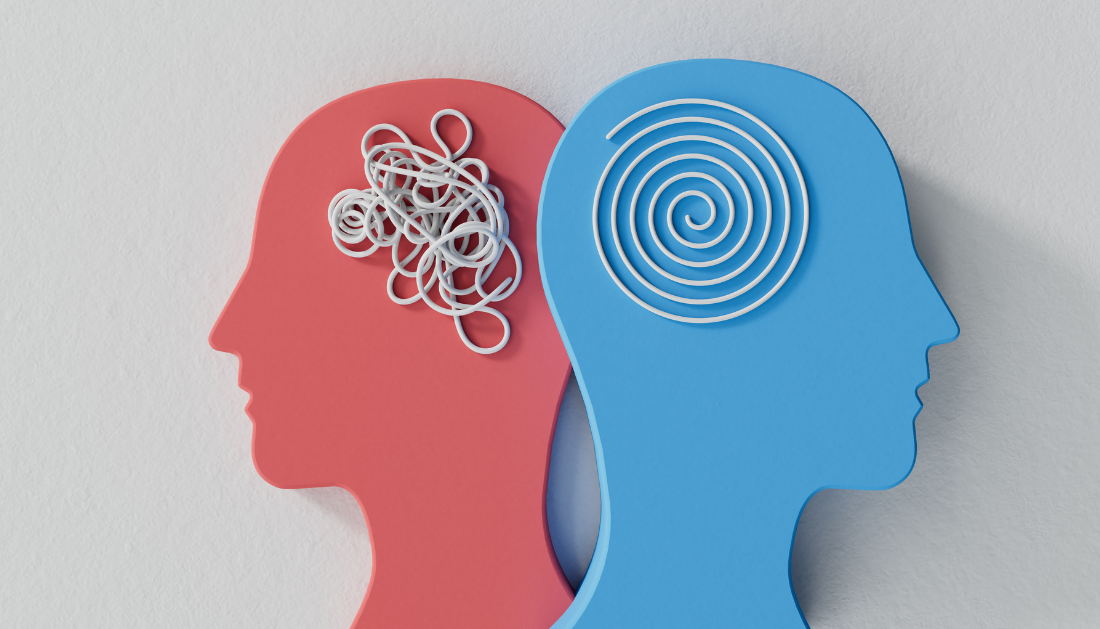

Groundbreaking research from NYU Langone Health reveals that psilocybin therapy when combined with psychotherapy, shows significant potential for improving mental health in cancer patients and facilitating lasting personality changes in individuals with alcohol use disorder. The findings from two studies, published in Nature Mental Health and The American Journal of Psychiatry, highlight psilocybin’s transformative therapeutic effects.
In the first study, psilocybin-assisted psychotherapy significantly reduced anxiety, depression, obsessive thoughts, and anger in cancer patients, with these improvements lasting up to six months. Conducted on 79 participants, the study compared groups receiving either psilocybin or a placebo (Vitamin B3 or low-dose psilocybin). Both groups underwent psychotherapy before and after dosing sessions and completed mental health assessments over six months. Importantly, the study reported no lasting paranoia or psychosis among participants, affirming it’s safety under medical supervision.
In the second study, psilocybin therapy demonstrated notable mental health improvements for those with alcohol use disorder. Participants receiving psilocybin displayed reduced impulsivity, depression, and emotional vulnerability, alongside increased emotional openness. These positive changes were observed up to seven months after treatment. Interestingly, men in the study reported increased positive emotions, while women exhibited heightened openness to experiences.
Lead researcher Dr. Broc Pagni emphasized the connection between reduced impulsivity and decreased likelihood of relapse, suggesting that psilocybin therapy strengthens emotional resilience during recovery.
However, researchers caution that psilocybin is not without risks. It can raise blood pressure, heart rate, and occasionally cause overwhelming psychological effects. Therefore, its use must remain confined to controlled medical settings under expert supervision.
Looking forward, researchers plan to extend their investigations into it’s potential for treating opioid use disorder and other mental health conditions.
This emerging research highlights psilocybin therapy’s transformative potential in mental health care, offering a new pathway for emotional healing and resilience for individuals battling cancer-related psychological distress and substance use disorders. Join Innovative Approaches in Psychiatric Care to learn more about the latest trends in psychiatry.
More Information: Pagni, B. A., et al. (2025). Multidimensional Personality Changes Following Psilocybin-Assisted Therapy in Patients With Alcohol Use Disorder: Results From a Double-Blind, Placebo-Controlled Clinical Trial. American Journal of Psychiatry. doi.org/10.1176/appi.ajp.20230887.
more recommended stories
 Nanoplastics in Brain Tissue and Neurological Risk
Nanoplastics in Brain Tissue and Neurological RiskKey Takeaways for HCPs Nanoplastics are.
 AI Predicts Chronic GVHD Risk After Stem Cell Transplant
AI Predicts Chronic GVHD Risk After Stem Cell TransplantKey Takeaways A new AI-driven tool,.
 Red Meat Consumption Linked to Higher Diabetes Odds
Red Meat Consumption Linked to Higher Diabetes OddsKey Takeaways Higher intake of total,.
 Pediatric Crohn’s Disease Microbial Signature Identified
Pediatric Crohn’s Disease Microbial Signature IdentifiedKey Points at a Glance NYU.
 Nanovaccine Design Boosts Immune Attack on HPV Tumors
Nanovaccine Design Boosts Immune Attack on HPV TumorsKey Highlights Reconfiguring peptide orientation significantly.
 High-Fat Diets Cause Damage to Metabolic Health
High-Fat Diets Cause Damage to Metabolic HealthKey Points Takeaways High-fat and ketogenic.
 Acute Ischemic Stroke: New Evidence for Neuroprotection
Acute Ischemic Stroke: New Evidence for NeuroprotectionKey Highlights A Phase III clinical.
 Statins Rarely Cause Side Effects, Large Trials Show
Statins Rarely Cause Side Effects, Large Trials ShowKey Points at a Glance Large.
 Can Too Many Antioxidants Harm Future Offspring?
Can Too Many Antioxidants Harm Future Offspring?Key Takeaways High-dose antioxidant supplementation in.
 Anxiety Reduction and Emotional Support on Social Media
Anxiety Reduction and Emotional Support on Social MediaKey Summary Anxiety commonly begins in.

Leave a Comment